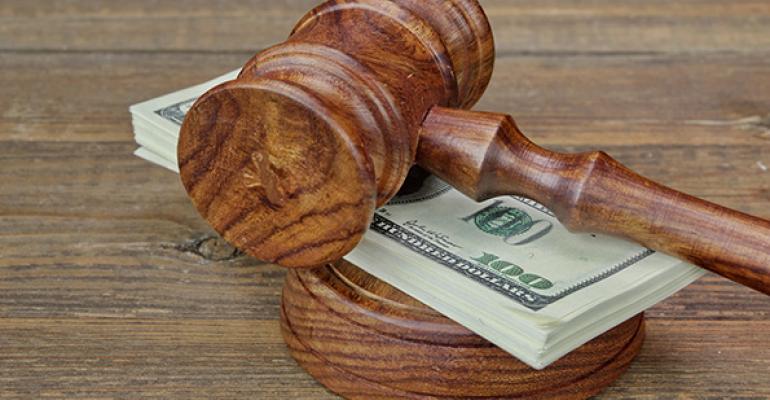The Virginia Supreme Court recently issued a ruling that clarifies that under the Virginia Uniform Power of Attorney Act, trial courts may award monetary damages against an agent under a power of attorney (POA), but may not issue an injunction directing that the agent must return money.
Virginia Power of Attorney Law
The issue arose due to language contained in the Virginia Uniform Power of Attorney Act, Section 64.2-1615(1), which provides that agents under POAs are “liable to the principal or the principal’s successors in interest for the amount required to [r]estore the value of the principal’s property to what it would have been had the violation not occurred.” At issue in the case, Mangrum v. Chavis, was whether this language provides that the agent under a POA who’s being sued for alleged financial improprieties may be forced by court order to restore money to the estate of the deceased principal under the POA or whether it provides merely that a money judgment may be entered against the agent.
Money Damages
The plaintiff argued that the language of the statute (focusing on the word “restore”) permitted the trial court to order that the defendant be enjoined to return funds to the estate. The defendant argued that the statute (with its reference to “is liable”) merely establishes a basis for a monetary judgment to be entered against him (as opposed to the equitable remedy of an injunction). On appeal, the Virginia Supreme Court held that the language “permits the circuit court to award a judgment for money damages against the attorney-in-fact to his or her principal, or to the principal’s successors-in-interest, not to enjoin or to decree specific performance that a res be returned.”
Significance of Ruling
This ruling is significant for several reasons. First, it clarifies the remedies that a litigant must plead in a lawsuit when asserting claims against an agent under a POA. Second, it makes it a bit more challenging for a plaintiff to recover on a judgment against the agent. In light of the ruling, a successful plaintiff who’s obtained a judgment against an agent under a POA must undertake efforts to try to collect on the judgment if the judgment isn’t paid (those efforts could include conducting debtor’s interrogatories, garnishing wages, garnishing bank accounts, etc.). If the agent doesn’t have adequate assets from which to satisfy the judgment, the plaintiff will effectively be out of luck until a day comes when the agent acquires some assets.
If the court had accepted the plaintiff’s position, an agent under a POA would be subject to a trial court’s contempt power if he didn’t restore the money he was ordered to, and therefore the agent could be subject to fines or imprisonment by the court for failing to comply. This would have provided a more powerful remedy for a successful plaintiff (compared to a mere monetary judgment).





